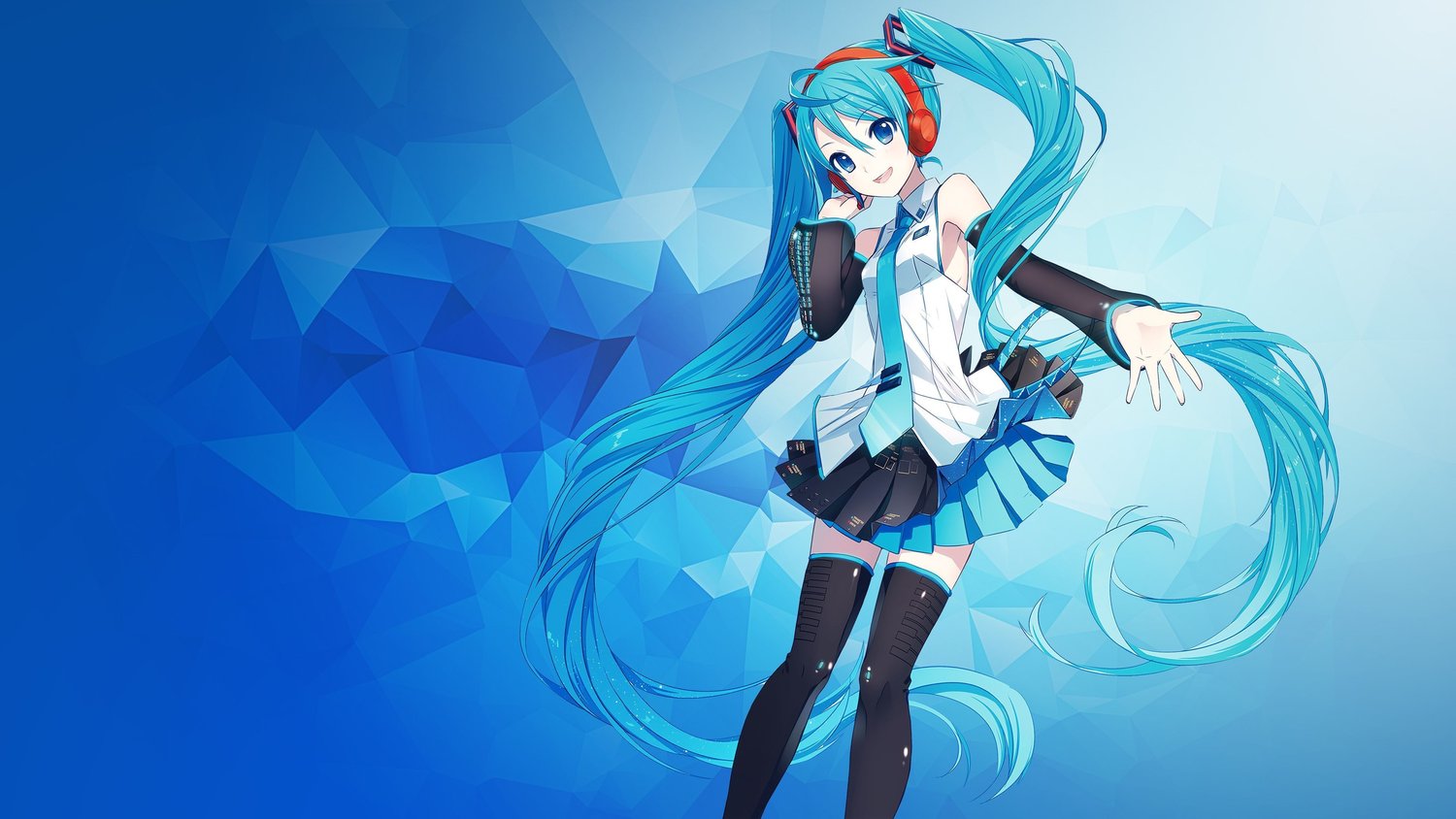No. Not ever.
Today's AI is the equivalent of ransom letters created by cut-out newspaper headline characters. Some artists have noticed that and are
suing for copyright infringement.
To write good fiction you need to feel pain. It works the same as
writing song lyrics.
But even if we had AI that felt, I'm leaning towards us still wanting to read books by actual authors.
As I have understood it, a modern author pretty much already needs to have an audience on social media for publishers to even touch them. That you have to do talks, lectures, and guest speeches to not fall off the radar. A juicy scandal or juicy story
apparently helps a lot.
I'm not saying an AI couldn't do the same, but would you, as a reader be able to connect with them the same way you connect with your favorite author? If "Spare" was written by the equivalent of the Queens iPhone, would you care?
I think asking if AI will replace flesh and blood authors is a bit like asking if cars and motorbikes will replace flesh and blood 100-meter runners, or why we still have Chess tournaments (and I'm sure Go tournaments) when there are machines that can outsmart us all.
It's not just about speed or accomplishment. It's also about the human behind it. We would lose something if we had AI-generated novels, or robotic 100-meter runners, or chess tournaments between computers. It wouldn't be about us any longer and we'd stop watching, participating and, I'm sure, generating money for someone.
However, I fear the advent of AI might put even higher pressure on us to be visible, conspicuous, and online personalities and whatnot.


